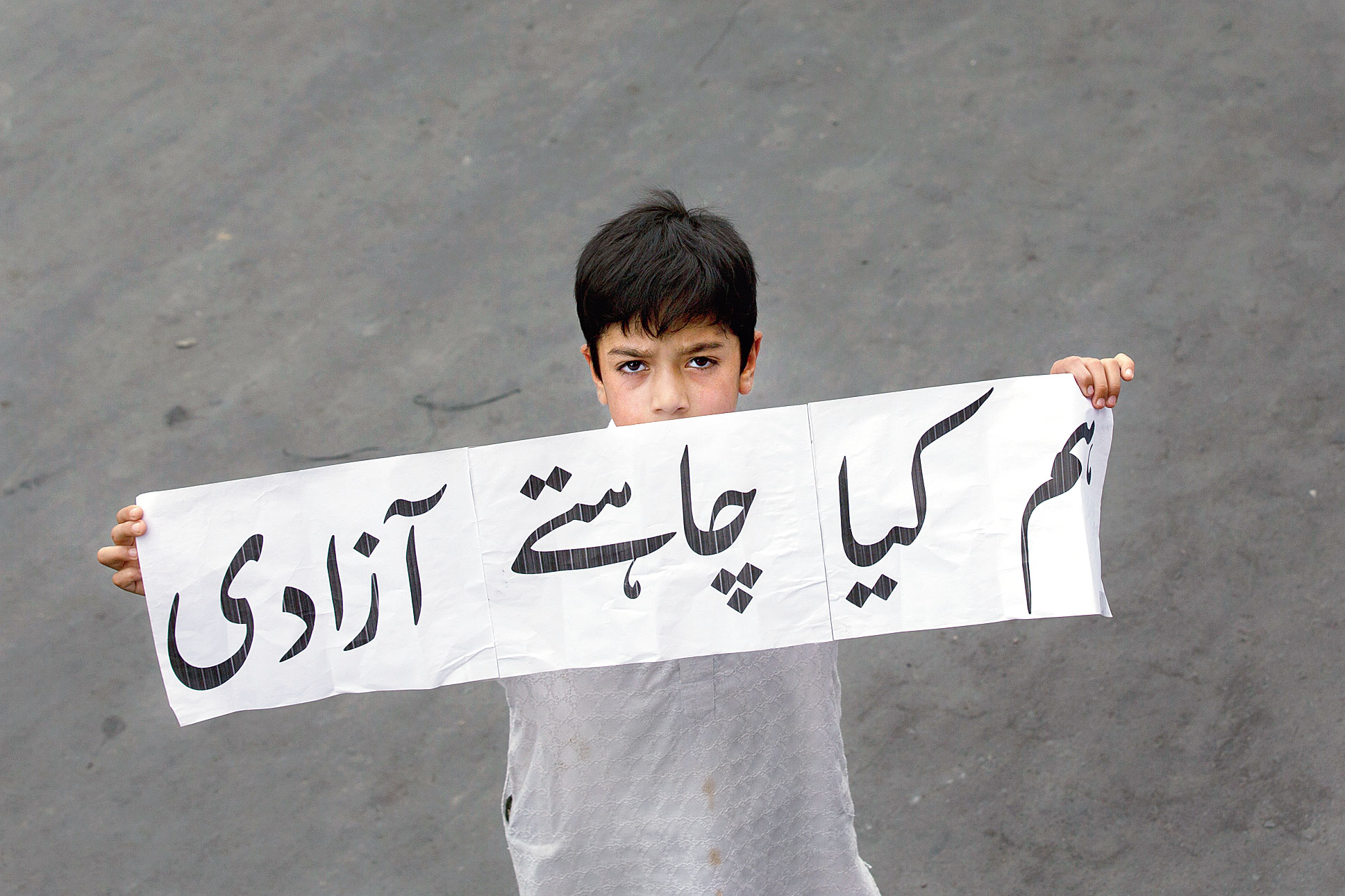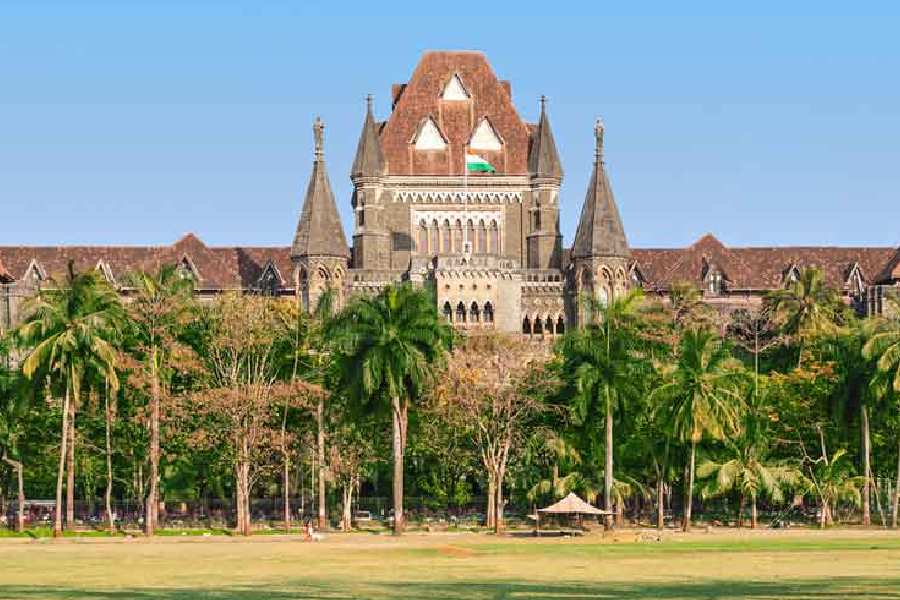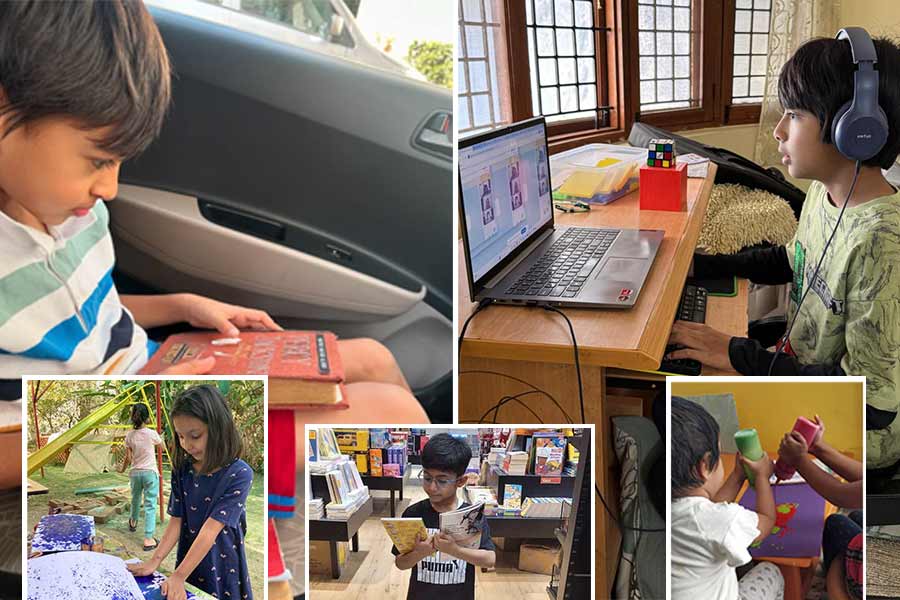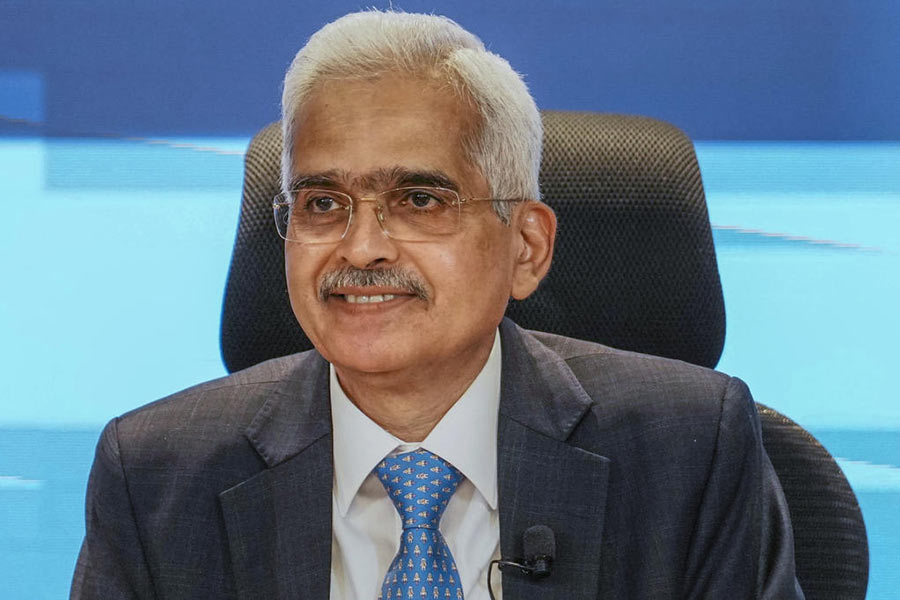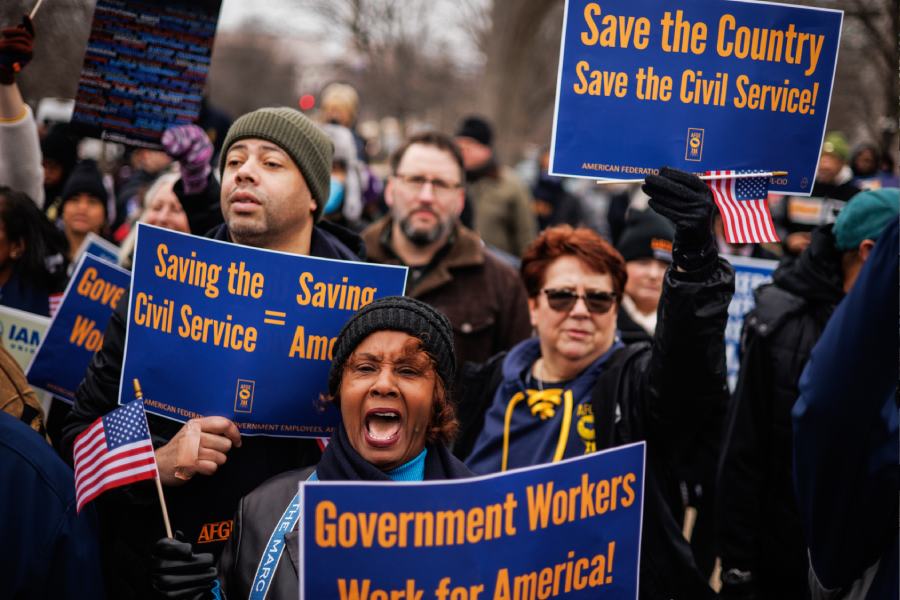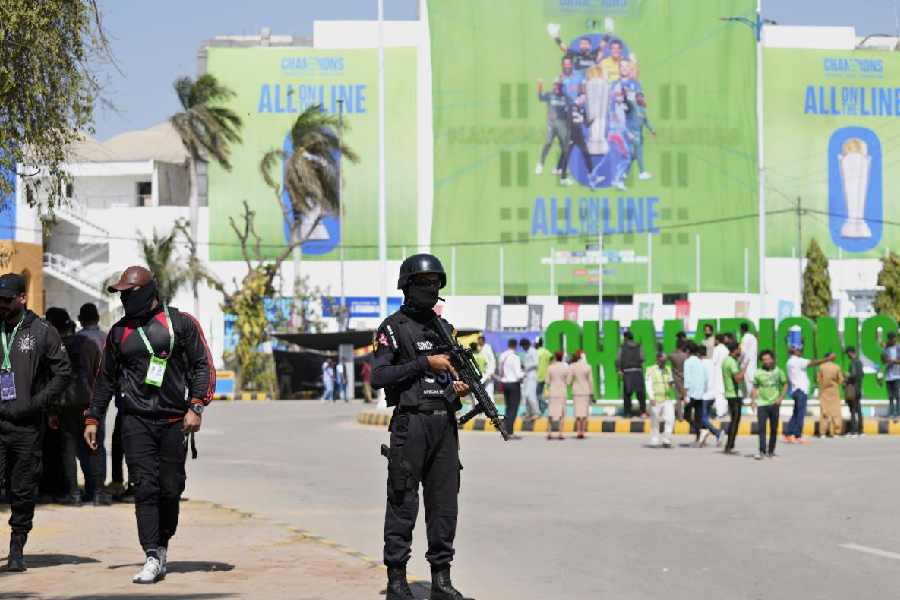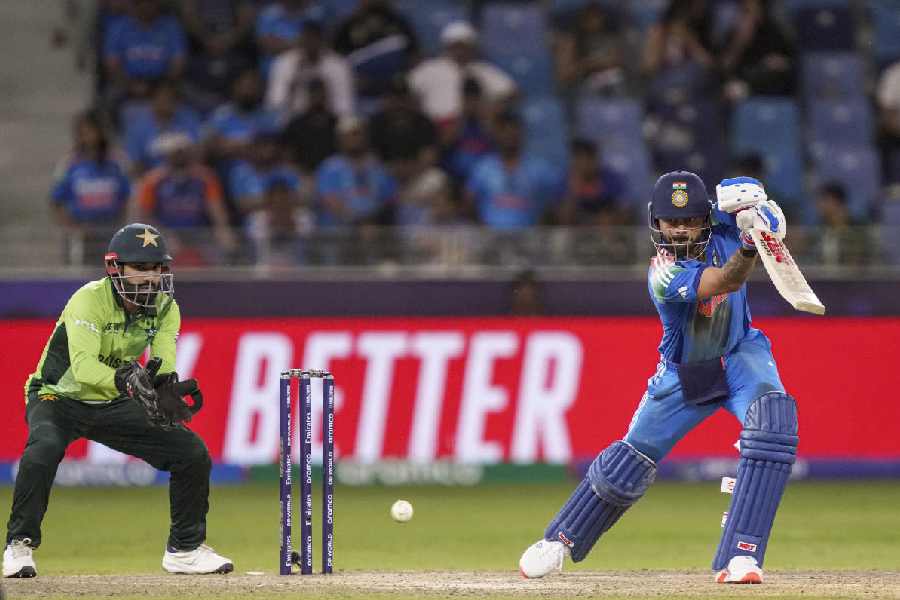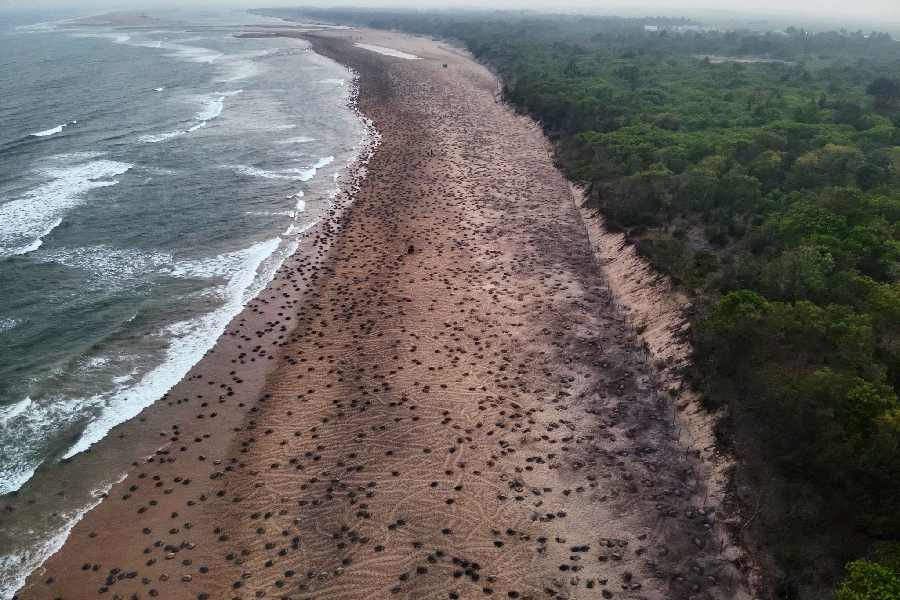The first signs of normality were noticed on Saturday at Srinagar’s city centre and some other localities of Kashmir in around a week as the authorities eased restrictions a little, with dozens of vehicles plying on roads and some people shopping in the commercial hub, courtesy Id-ul-Zoha on Monday.
The Valley is witnessing an unannounced curfew and a complete information blockade after Monday’s decision by the Centre to scrap Jammu and Kashmir’s special status and divide the state into two Union Territories.
Almost all shops and other businesses, and offices and educational institutions in the Valley are shut, either because of official restrictions or an undeclared voluntary shutdown.
A few shops, mostly bakeries, opened at the city centre where some people shopped on Saturday.
People stood in queues outside ATMs at several places to withdraw cash. Dozens of vehicles plied, giving a semblance of a festive look to a part of the city centre.
Another part of the city centre, however, wore a deserted look as no traffic was allowed that way.
The only brisk shopping the Valley is witnessing these days is of sacrificial goats for Id.
In normal times, Id shopping picks up days ahead of the festival. The Srinagar city centre and all markets are thronged by shoppers, but there is unlikely to be any festivity this time because of the Centre’s decisions.
An employee of French Bakery on Boulevard Road said they had only a few shoppers.
“We had prepared 6,000 dry cakes, 1,000 pastries and 1,700kg of cookies at a cost of Rs 20 lakh. In normal times, I would sell (such a consignment) in a matter of a few hours, but this time there are only a few customers,” he said.
Traders in Kashmir are staring at huge losses as markets are unlikely to open ahead of Id. Id-eve shopping is a major source of revenue for the business community.
Srinagar’s deputy commissioner Shahid Iqbal Chowdhary said restrictions had been eased in the city and the situation remained peaceful.
It is not clear if the authorities will lift restrictions during Id. There are fears that there could be violence if big congregations are allowed, as has been the case even in normal times.
There is also no word from the authorities on when the information blockade will be eased. Because of the blockade, it has been difficult to find out what is happening outside the city centre and in the countryside.
Hundreds of politicians from the pro-India camp, including former chief ministers Omar Abdullah and Mehbooba Mufti, are in jail.
The separatist leadership was already behind bars.

